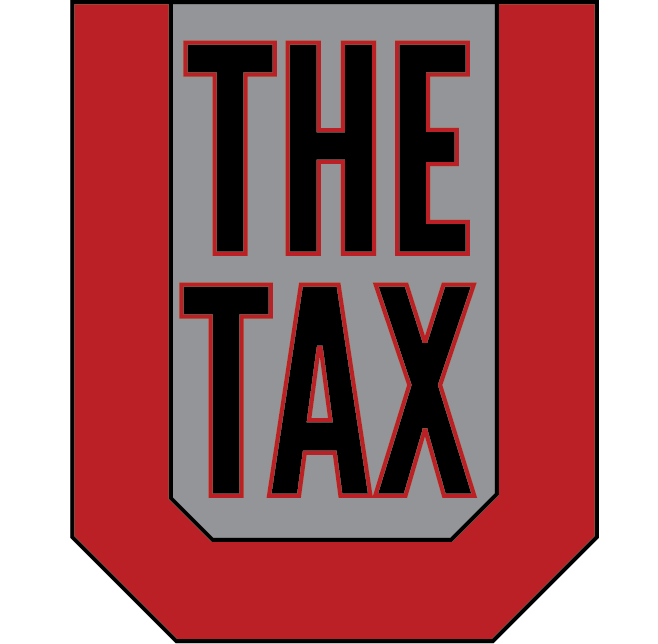Passive Activities & Rental Real Estate
Income Tax Issues
Overview
This comprehensive training is designed to get the accountant up to speed quickly with the complex passive activity loss (PAL) rules that apply to certain investments in trades or businesses and rental activities. The cornerstone of the course is the in-depth coverage of the detailed tax law and regulations applicable to passive activities under IRC §469 and how and when the 3.8% net investment income tax under §1411 applies.
Learning Objectives
Once participants have completed this session, they should be able to:
-
Identify what activities are subject to the PAL rules and the exceptions to them including those for certain real estate professionals
-
Define a passive activity, rental and trade or business under IRC §469
-
List the seven ways to materially participate in an activity and the six exceptions to the definition of a rental activity
-
Calculate the passive activity income and losses allowed and the tax ramifications of passive activity dispositions
-
Recognize what passive activity investments are potentially subject to the 3.8% net investment income tax under IRC §1411
Course Highlights
Each attendee will receive the most comprehensive passive activity reference manual with numerous practice aids and real-world examples. Topics include but are not limited to:
-
Detailed coverage of the passive activity rules under IRC §469 (and related regulations), how the 3.8% net investment income tax under §1411 and qualified business income (QBI) deduction under §199A applies to rentals and passive activities, and what is a trade or business rental is under §162
-
How the PAL rules apply to rental real estate activities and investments in S corporations and partnerships
-
Definition of an activity and the activity grouping and disclosure rules
-
Real estate professional exception to the PAL rules for investments in non-passive rentals
-
Special $25,000 loss allowance for rental real estate with active participation
-
Material participation safe harbor rules
-
Events that trigger suspended PALs
-
Limitations on tax credits generated by passive activities
-
Special rules that re-characterize passive income to non-passive income
-
What rentals are subject to self-employment tax under §1402
Who Should Attend?
Tax professionals that need an in-depth training course on the passive activity loss rules and how they apply to certain investments in trades or businesses and rental activities.
Area of Study
Taxes
Level
Intermediate
Credit Hours
8 hours
Prerequisite
Background in individual income tax law
Type of Class
Group Live or Internet Based
